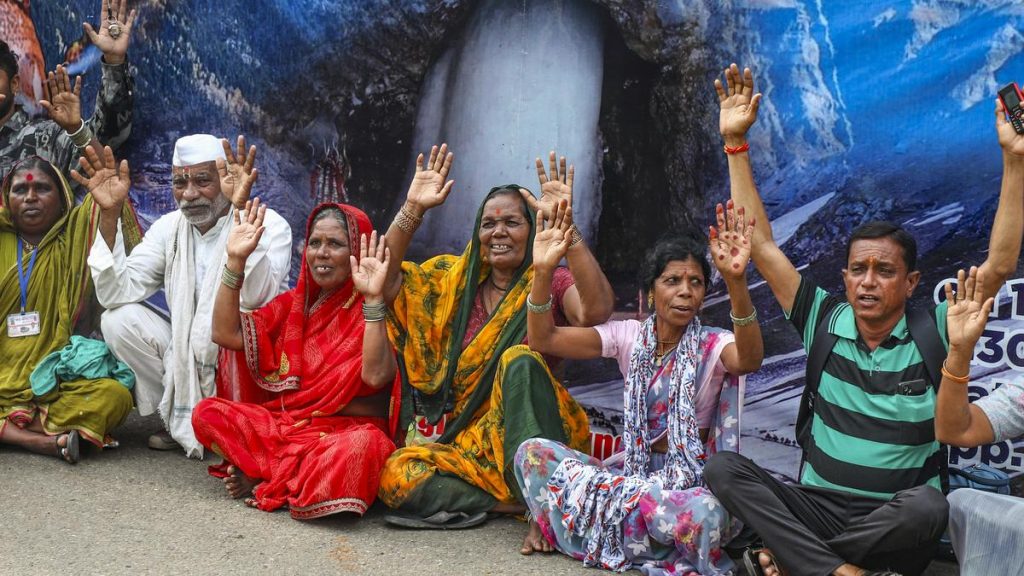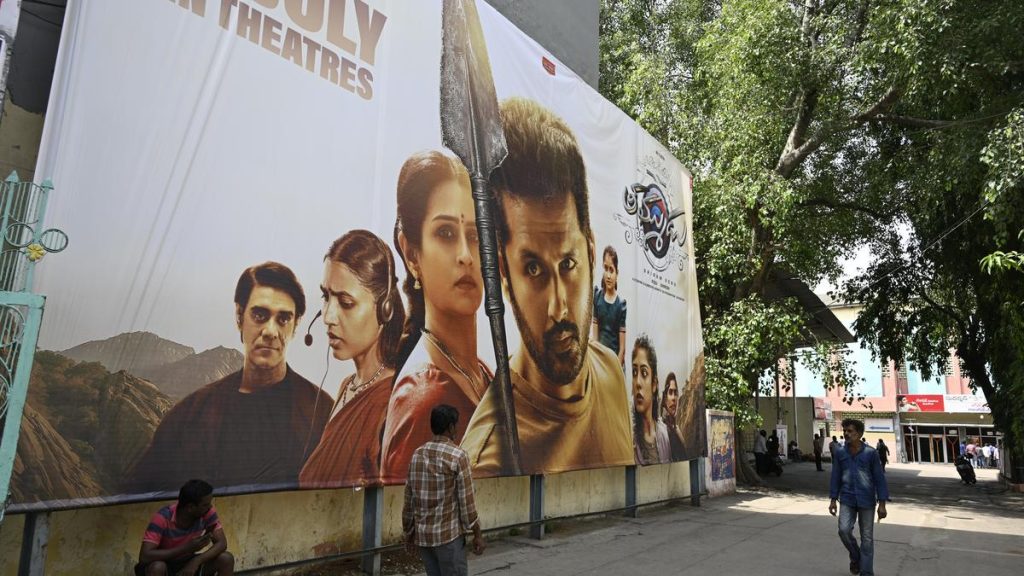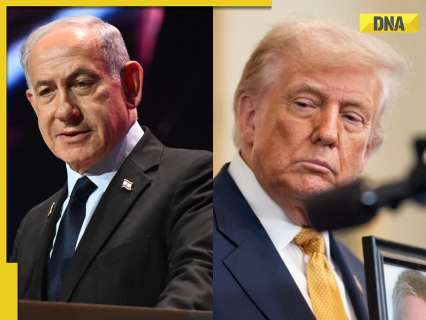Now Reading: Vaani Kapoor Addresses Ban on ‘Abir Gulaal’ Co-Starring Fawad Khan: Calls Out Cancel Culture
-
01
Vaani Kapoor Addresses Ban on ‘Abir Gulaal’ Co-Starring Fawad Khan: Calls Out Cancel Culture
Vaani Kapoor Addresses Ban on ‘Abir Gulaal’ Co-Starring Fawad Khan: Calls Out Cancel Culture

Quick Summary:
- India successfully launched Prithvi-II and Agni-I missiles, strengthening its defense capabilities.
- These missile tests signify technological advancements in India’s strategic arsenal.
- Both tests were reportedly conducted under controlled conditions with precision results.
Indian Opinion Analysis:
The successful testing of the Prithvi-II and Agni-I missiles represents a critical step in India’s continuous effort to bolster its defense mechanisms amidst evolving regional security concerns. This achievement demonstrates indigenous technological expertise and aligns with India’s strategic policy of maintaining robust deterrence capabilities. Moreover, these developments underscore the importance of self-reliance in defense systems, serving as a reminder for sustaining innovation while balancing geopolitical dynamics responsibly.
Read more at: india strengthens defence with successful launch of Prithvi-II, Agni-I missiles
Quick Summary:
- Vaani Kapoor’s film Abir Gulaal, co-starring Fawad Khan, was banned in India after the Pahalgam terror attack renewed calls for boycotting Pakistani artists.
- The ban followed political and trade organization campaigns against featuring Pakistani stars in Indian productions.
- Kapoor commented on issues surrounding cancel culture during the Mandala Murders trailer launch but specific quotes or detailed remarks were not included.
!vaani Kapoor at Mandala Murders trailer launch
Indian Opinion Analysis:
The controversy surrounding Abir Gulaal highlights ongoing tensions between India and Pakistan manifesting within cultural industries such as cinema. The repeated invocation of boycotts reflects a pattern wherein geopolitical conflicts heavily influence artistic collaborations. While these actions mirror public sentiment during sensitive times, they also raise questions about how artistic freedom fits within larger political environments. For the Indian cinematic sphere, this could potentially limit cross-border productions and dialogues that contribute to art inclusive of diverse perspectives.
Read more: Link to DNA article
Quick summary:
- Actor Vaani Kapoor shared her perspective on censorship and cancel culture in an interview with PTI.
- She believes censorship restricts artists’ creative freedom, making it harder to explore new ideas due to preset boundaries.
- The actor expressed concerns over the growing prevalence of “cancel and boycott” culture, describing it as harsh and toxic.
- Vaani observed that social media negativity can have psychological impacts, notably on young individuals who are still discovering their identities.
- Her film Abir Gulaal, co-starring Pakistani actor Fawad Khan, faced controversy following the Pahalgam terror attack, leading to its ban in India amidst calls for boycotts.
- She stressed compassion over judgment and urged people to allow room for differing opinions without resorting to cancelation or exclusion.
- Kapoor is set to debut in Netflix’s psychological thriller series Mandala Murders, premiering July 25 under YRF Entertainment.
Indian Opinion Analysis:
Vaani Kapoor’s commentary reflects a broader societal debate about the balance between creative expression and responsible consumption of art amidst rising polarization online.The “cancel culture” she critiques highlights a tendency in modern discourse-particularly amplified by social media-to aggressively dismiss opposing views or errors rather than engage meaningfully.
From an Indian arts perspective, this discussion underscores the ongoing challenges faced by performers navigating public scrutiny tied not only to content but also socio-political sensitivities-especially considering controversies surrounding Pakistani artists post-Pahalgam attack that led to bans like her unreleased film Abir Gulaal.
While censorship exists as a form of regulatory oversight embedded within India’s artistic ecosystem (e.g., CBFC certifications), Kapoor raises valid concerns regarding how overly restrictive frameworks might stifle innovation-hindering avenues for bold storytelling or meaningful cultural exchange.
Kapoor’s call for empathy and acceptance urges constructive dialog over resentment, which could help soften divisions across communities while promoting healthier ecosystems for creators-notably during challenging times marked by rapid ideological shifts globally.


























